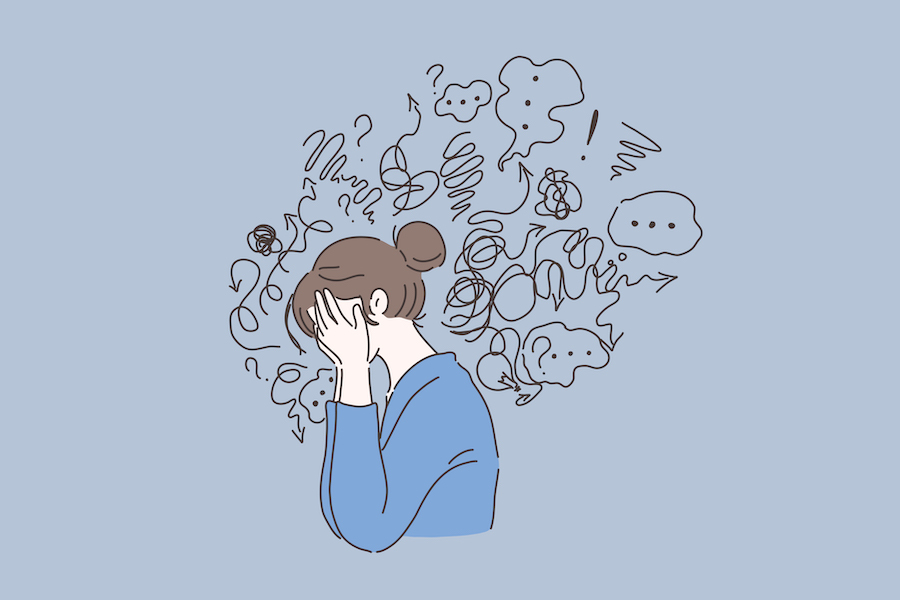Stress can have a significant impact on your overall health and well-being, including your oral health. Below, we explore the various ways in which stress can negatively affect your teeth and gums.
Bruxism
Bruxism is characterized by chronic teeth grinding or clenching. This subconscious habit is a common manifestation of stress and can occur during the day or while sleeping. It can result in worn tooth surfaces, tooth sensitivity, jaw pain and dysfunction, and headaches.
Weakened Immune System & Neglected Oral Hygiene
Chronic stress weakens the immune system, making you more susceptible to inflammation and gum disease. Increased levels of stress hormones can compromise your body’s ability to fight off infection.
Excessive stress can disrupt your daily routine, impair your judgment, and diminish your mental capacity, leading to poor oral health habits. When overwhelmed, patients may neglect brushing and flossing, eat an unbalanced diet, and increase their consumption of sugary beverages—all of which can contribute to tooth decay and gum disease.
Prioritizing good oral health practices, such as daily brushing and flossing, routine professional cleanings, and a nutritious diet, can help prevent dental disease. Additionally, stress management techniques like exercise, journaling, and meditation can support a healthier immune system.
Canker Sores
Stress can trigger canker sores. These small ulcers in the mouth can make eating and speaking painful.
Dry Mouth
Mouth dryness can be associated with stress. A dry mouth can increase your risk of cavities, lead to a decreased sense of taste, and make it uncomfortable to chew food.
Gentle Dental Care at Southwest Smiles in Austin, TX
At Southwest Smiles, we strive to help each of our patients enjoy a healthy smile in every season of life. We do our best to make your dental visits as stress-free and comfortable as possible. Contact us today to schedule your next appointment!

